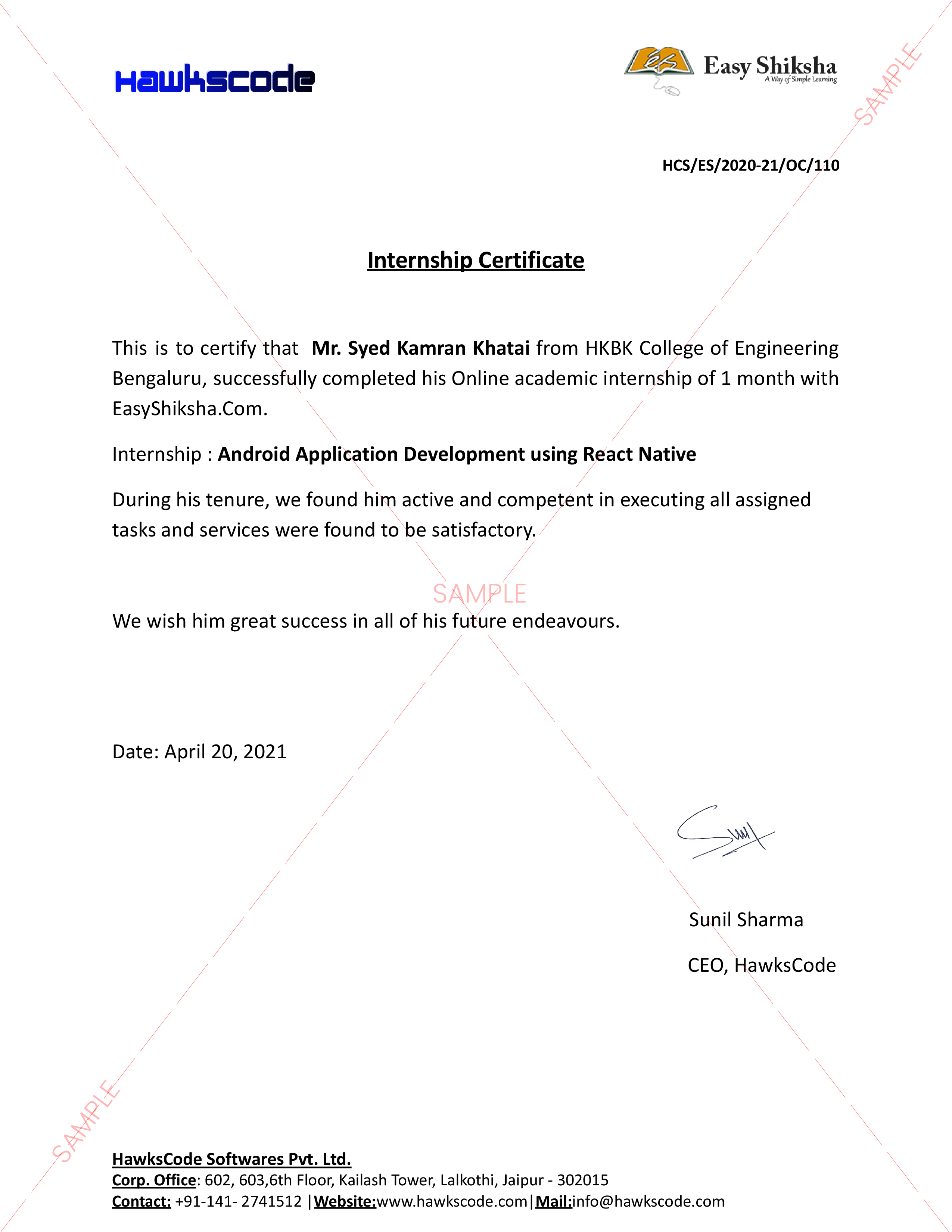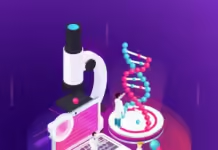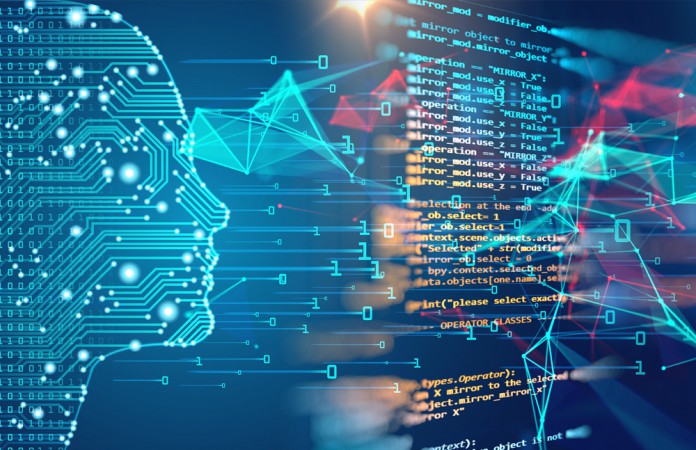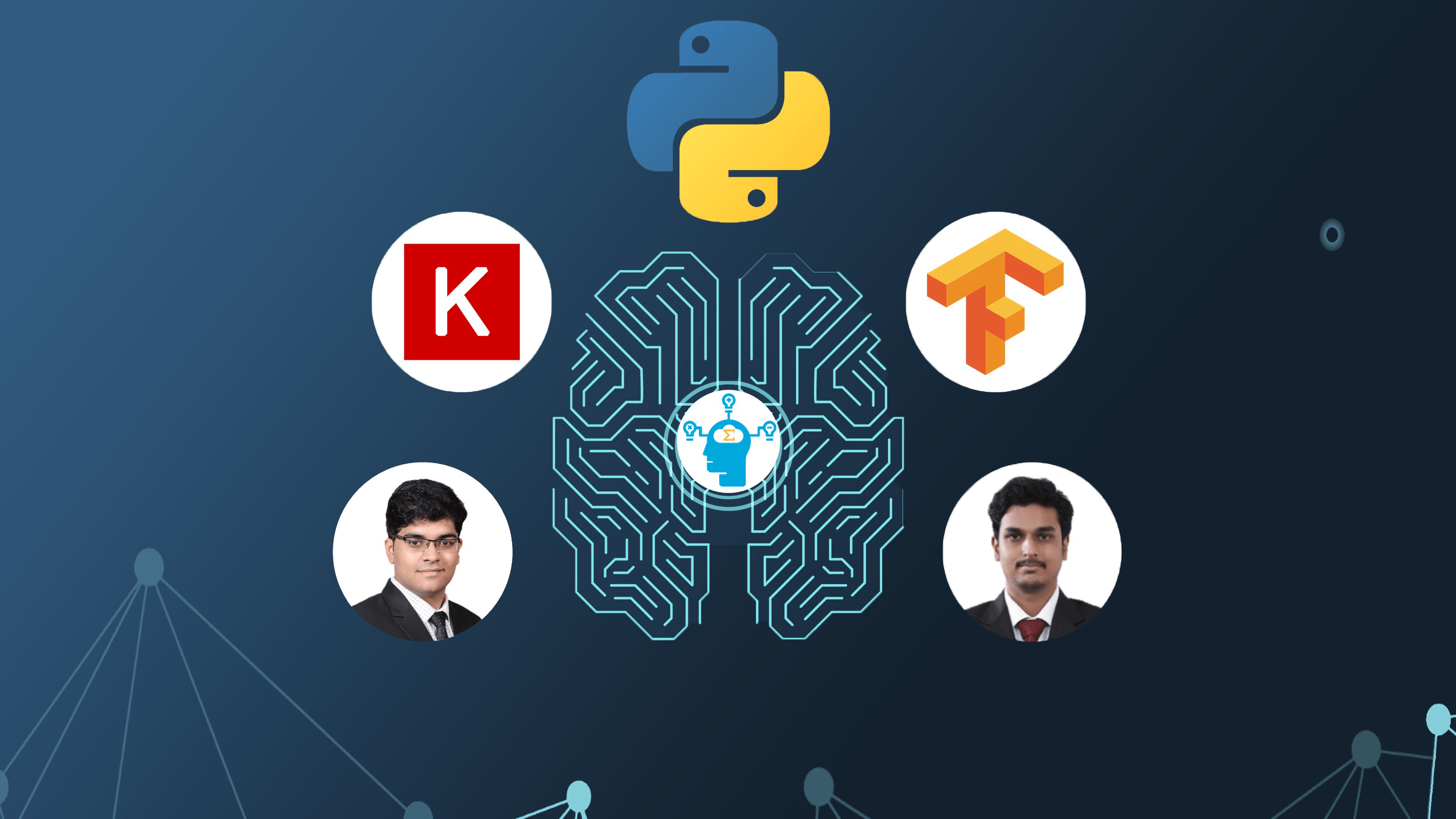The opportunities from Data science and Machine learning are going to be profound and managers of tomorrow would be required to not only understand but leverage to advantage of organizations they work for or create themselves. One of the interesting transitions that took place in the global business is a movement from ManufacturingAbhijit Dasgupta, The director- BDVA and BDS and assistant professor, S P Jain School of Global Management Abhijit Dasgupta, The director- BDVA and BDS and assistant professor, S P Jain School of Global Management Oriented to Customer Driven Models and this has given rise to dramatic shifts in the behavior of the business. Customers expect companies to anticipate what they need and offer products they want in a real time.

Important Announcement – EasyShiksha has now started Online Internship Program “Ab India Sikhega Ghar Se”

Top Courses in Virtual Reality
More Courses With Certification
data science and Machine Learning for management students
The business scenario of today can be best described as highly competitive whosoever build the highway (talent, intellect, customer penetration, technologies etc.) are the ones who are essentially going to have the right to ride. The challenge today is not only to win but to stay ahead of competition consistently. The opportunities for the growth, differentiation and market share determines the strategy as well as execution and who stays ahead. With globalised trade and commerce, one never knows when and where opportunity or threat emerges. In this scenario, how does an organization prepare itself for resilience and as well as continued success. It is always skills and mindset of people that really differentiates any organization. By all counts, Top 5 technologies for Next Decade are likely be going to be
Top Courses in Software Engineering
More Courses With Certification
-
Data : Architecture, analytics, Data Science
-
Content + Social Redefined
-
Autonomous Systems -robots, drone, autonomous vehicles
-
AI/ML – algorithms, computer vision, silicon for data/AI
-
BlockChain – digital asset management, digital identities, crypto currency
In this world fractured and united by ideas and technologies, there is also going to be an enormous impact on the leadership skills. The leaders therefore would need to be able to
-
Inspire – ability to connect a common mission, purpose and impact
-
Critical Thinking – dealing with complexities
-
Learning to Learn – curiosity, intellectual bandwidth, high volume of inputs with an open mind
-
Empathy – approachable, available
-
Inclusive mindset – strive to understand an alternative point of view, and also attitudes
-
Tension Tolerance – accept differences
As a result, the skills shifts in managing tomorrows business would be largely driven by the 3As
-
Artificial Intelligence
-
Automation
-
Analytics
Which are going to demand Higher Cognitive Skills and “Social & Emotional Skills”
Top Courses in Quality Management System
More Courses With Certification
Top Courses in Project Management
More Courses With Certification
The word manager (or management) per se itself means person (or activity) responsible for managing various variables like people, process, money and stakeholders to meet certain objectives. The primary functions of management being (according to Henri Foyal) Planning, Organizing, Commanding, Coordinating and Controlling with a purpose of decision making. To achieve objectives, manager needs to have in his/her arsenal number of skills and capabilities to deliver stated objectives. Any well-meaning management institute will want to enable its students with market relevant skills to enable them for leadership. The skills that they would want to hone are financial, project management, communication, negotiation, planning and strategizing and most importantly people skills.
The fourth industrial revolution is very different than its previous versions. Earlier ones were additive or at best multiplicative in nature. However, this one would be exponential in nature. This has potential to encompass our professional as well as personal life. No individual or organization will remain unaffected.
In professional setting, key activity amongst all other skills for a manager is decision making and decisions are taken based on knowledge and information. Technology has emerged as an important pillar for competitive advantage. Industrial revolution 4.0 is already a reality in many sectors and only going to increase. This revolution rests on the data.
An organization is collection of processes and people, with each entity generating data points continuously. Till today many processes did not leave any digital footprints significant enough for viable decision-making e.g. manufacturing, after sales service or marketing activities.
With each process being digitized, volume of data is getting bigger for organizations resulting in something called Big data. Going by the cliché of 3Vs of data i.e. Volume, Variety and Velocity, it would be challenging for anybody to make sense of data leading to suboptimal decisions. Hence scientific approach is needed to assimilate, aggregate, correlate and manage this data.
A new way of thinking needs to be embedded in the future leaders to work along algorithms and machines in decision making process.
When one tries to visualize future with backdrop of these changes it appears profound. In Big data ecosystem of future, no organization can operate in isolation and would be render fate of dodo (extinction). So how does one use these technologies to the improve odds of success. Function like supply chain and logistics, marketing, sales and customer relationships with digital approach, manufacturing etc. would demand immense amount of automation. Routine activities and decision would be required to be taken by algorithms.
The way we see this evolving is akin to advent of computers in early years. Similarly, smaller processes would be automated using Machine Learning with only exception management. Once there is stability and confidence built up more complex automation tasks would be taken up e.g. triggering an automated inventory buildup in case of severe weather forecast.
This speed of evolution is going to create a lot of stress in terms of ability to understand and work along these machines. Managers of tomorrow i.e. students of today would have to understand machine learning in terms of boundaries for their abilities at least in current context. They would be required to know how structure a problem for deploying machine learning led automation. Incorrect assumptions on efficiency and efficacy of ML would lead to cascading effects.
Will the managers be required to code? Coding, as the way we understand is essentially problem solving (specifically mathematical problems) using a software language like Python, Java, Scala etc. Probably yes and also no; but definitely required to structure a business logic into a decision logic for somebody to code and set up environment. An end to end thinking approach would require to be ingrained. Many future technologies would be black boxes such as Deep learning where decisions taken by machines would be difficult to trace back to typical variables out of many. In light of such situations a framework would be required to build up a trust in system. Biases would require to be removed from data and decisions.

Top Courses in Personal Development
 Forgiveness Is Freedom – Let Go And Feel Amazing!
Forgiveness Is Freedom – Let Go And Feel Amazing!More Courses With Certification
Top Courses in Networking
Mere theoretical exposure of Machine learning and data science would only make students hate the detailed math and code behind it. An applied approach is of deep essence. Any management discipline would have number of use cases, be it marketing, retail / luxury brand management, finance, HR or operations. The differentiation an institute can bring is in terms of ability to help students conceptualize various applications to business problems.
Abhijit Dasgupta, The director- BDVA and BDS and assistant professor, S P Jain School of Global
Empower your team. Lead the industry
Get a subscription to a library of online courses and digital learning tools for your organization with EasyShiksha
Request Now[sc name=”easyshikshafaqpart”
ALSO READ: adani forays into cold chain logistics with in r 96cr acquisition of snowman logistics
Get Course: microsoft azure machine learning Studio










































































































































































